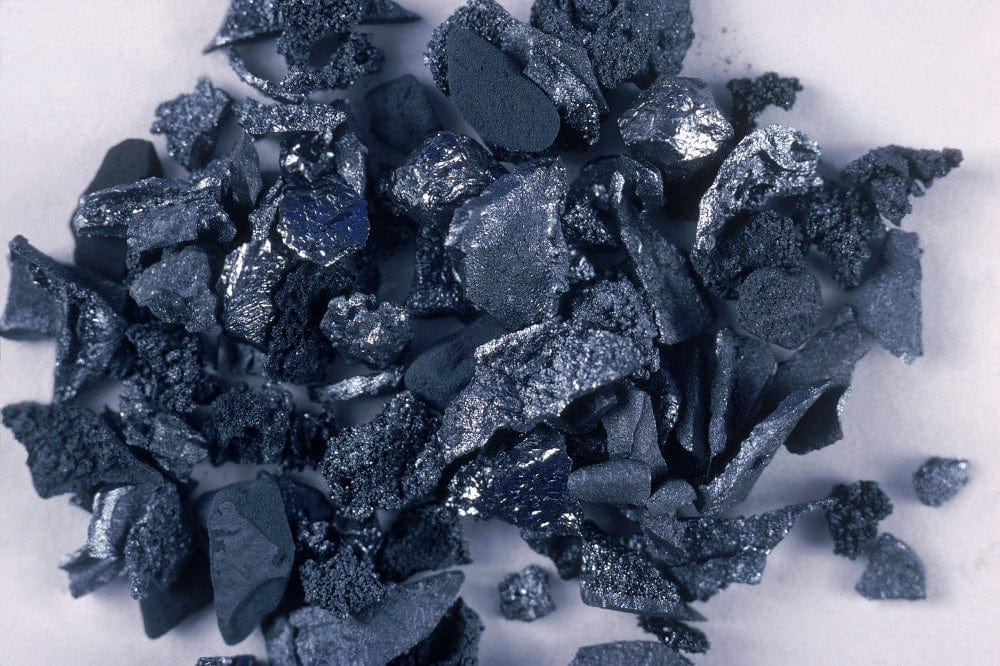Heath Benefits
A vital nutrient, iron is important for many physiological processes. Some of the health advantages of iron include:
1. Assists in the movement of oxygen throughout the body: Iron is an essential part of hemoglobin, a protein present in red blood cells that aids in the movement of oxygen from the lungs to other body tissues. Iron deficiency anemia results from the body's inability to produce enough hemoglobin when iron levels are insufficient.
2. Improves memory and cognitive function: Iron is also important for brain growth and cognitive function. Low iron levels have been linked to issues with memory and attention span in adults as well as delayed cognitive development in infants and young children.
3. Promotes a strong immune system: Immune cells are produced with the help of iron. White blood cells, which aid in the fight against infection, cannot be produced by the body in sufficient quantities without enough iron.
4. Prevents fatigue: Since iron is necessary for the transport of oxygen, a deficiency in iron can result in feelings of weakness and exhaustion. People with iron deficiency anemia have shown to have higher energy levels after taking iron supplements.
5. Encourages a healthy pregnancy: During pregnancy, iron is crucial for the development of the fetus and placenta. Low birth weight and birth defects are also prevented by it. Iron deficiency during pregnancy increases the risk of early labor and delivery.
Over two billion people worldwide suffer from iron deficiency, making it the most widespread nutritional deficiency. Eating a varied diet that includes iron-rich foods, such as red meat, poultry, fish, beans, lentils, spinach, and iron-fortified cereals and breads, is the best way to ensure adequate iron intake. Some people may need iron supplements, especially if they have chronic blood loss or certain gastrointestinal conditions.


 Rated Excellent by 26,523+ Reviews
Rated Excellent by 26,523+ Reviews